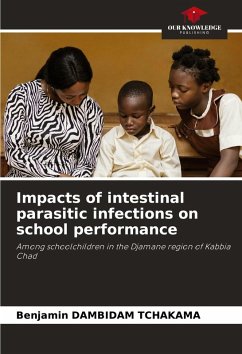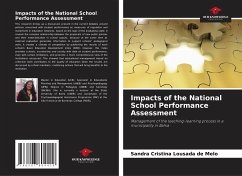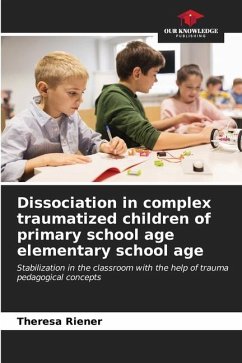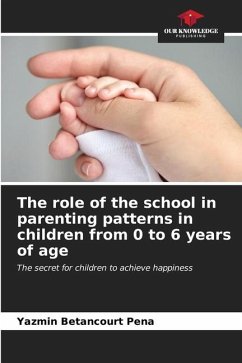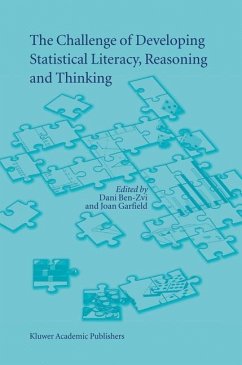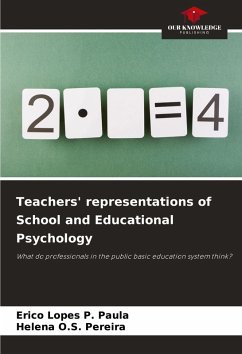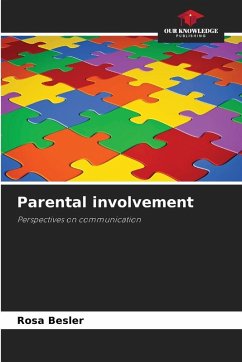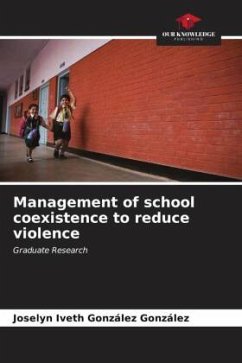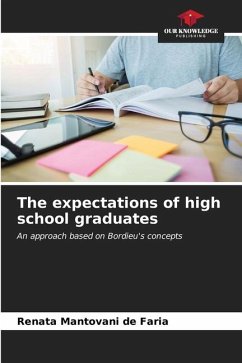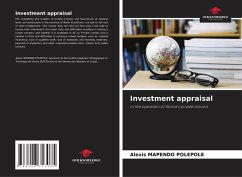
School age and performance
Versandkostenfrei!
Versandfertig in 6-10 Tagen
27,99 €
inkl. MwSt.

PAYBACK Punkte
14 °P sammeln!
This psycho-pedagogical work is the fruit of theoretical and statistical research into the problem of children's school age and academic performance. Using a targeted population of children from the SIL in Yaoundé, Cameroon, and distinguishing between pupils of normal school age and those of early school age, a test based on the fractiles of the Normal Law shows that early enrolment in elementary school leads to inequality of opportunity, as evidenced by the fact that the latter have lower marks than those enrolled at normal school age. However, our research did reveal some special cases. The...
This psycho-pedagogical work is the fruit of theoretical and statistical research into the problem of children's school age and academic performance. Using a targeted population of children from the SIL in Yaoundé, Cameroon, and distinguishing between pupils of normal school age and those of early school age, a test based on the fractiles of the Normal Law shows that early enrolment in elementary school leads to inequality of opportunity, as evidenced by the fact that the latter have lower marks than those enrolled at normal school age. However, our research did reveal some special cases. These are learners who, despite being enrolled early in elementary school, nevertheless have very good marks. Faced with this situation, one question comes to mind: aren't there other factors influencing students' knowledge acquisition? These other avenues of research deserve to be explored if we are to find a global answer to the question of optimal conditions for children's schooling.



